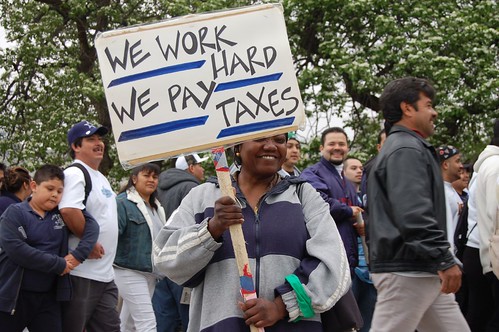One of most insightful pieces I read in 2024 was this review by Zadie Smith. Zadie Smith writes about a book that focused on ordinary people's dreams during Nazism. It sounds like this may be a fascinating book, which can help understand the historical period, the people that lived through it, and the mechanisms of totalitarianism.
Zadie Smith provides some great insights into the mechanisms of totalitarianism, drawing some links between Nazism and our era. From the outset, Smith rebukes criticism of those that argue the periods are very different: the contents and the forms of politics are very different, but some mechanisms are very similar.
And the biggest similarity according to Smith lies in the ability to use technological tools for propaganda. Smith highlights how social media and their algorithms have perfected political propaganda. The algorithms have allowed to create the illusion of connecting to self-selected communities, whereas the selection process is driven by algorithms. These algorithmically-selected online communities are considered a viable and even desirable substitute for "geographic, localized, politically diverse, real-world communities", as Smith puts it. The result are the echo-chambers, polarisation, the constant caricaturing and demonisation of people with different views. The results is one key condition for totalitarianism: the destruction of plurality.
I agree with this analysis, but I also think that one reason why social media and their algorithm are contributing to the destruction of democracy lies in the consolidation of political systems that are based on selection processes that favour charismatic leaders. The "perfect storm" for democracy is the arrival of powerful, ever-present, easily accessible tools of propaganda in state organisations where the key institutional roles are selected through processes that favour charismatic individuals.
However, one of the key insights of Smith's article lies in identifying a possible way out of this. If the product of social media is ourselves and our monetised attention, in order to free ourselves we can start by looking away. Smith is well aware that simply turning our attention away from social media will not solve many problems, but there is hope that by turning our attention away we may start to engage with the geographically localised, politically diverse, real world communities, and thus engage in debates that value plurality, understanding, compromise and consensus.
This may seem utopian, but there are some good examples:in the Republic of Ireland the debate on abortion could have degenerated into a clash between entrenched sides . Instead, the creation of a "Citizen Assembly" that recruited 99 citizen chosen at random was pivotal in driving a debate that was open to many voices. Since the members of the Citizen Assembly were drawn at random, they were representative of Irish society at large. The Citizen Assembly members listened to experts, and operated according to principles of transparency, equality, respect, and collegiality. This process helped reaching consensus on a highly polarising issue: it provides an example of how a public debate can be run effectively in the era of algorithm-led polarisation.
As for the problem with charismatic leadership, there are other alternatives there that can be sensibly and effectively implemented.
I guess the point is that in times like these it is easy to despair or become fatalistic. And yet, there are reasons to keep trying to find alternative ways.






